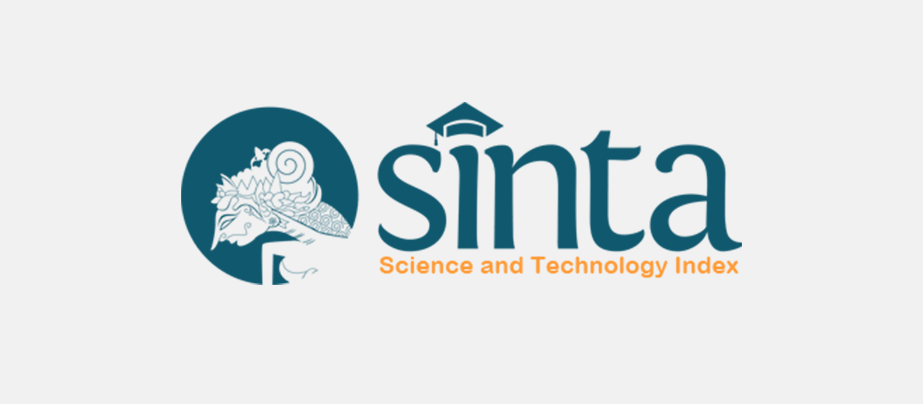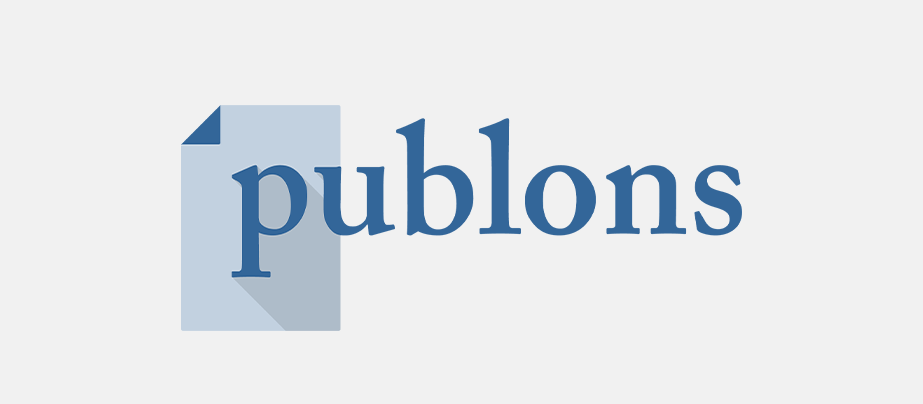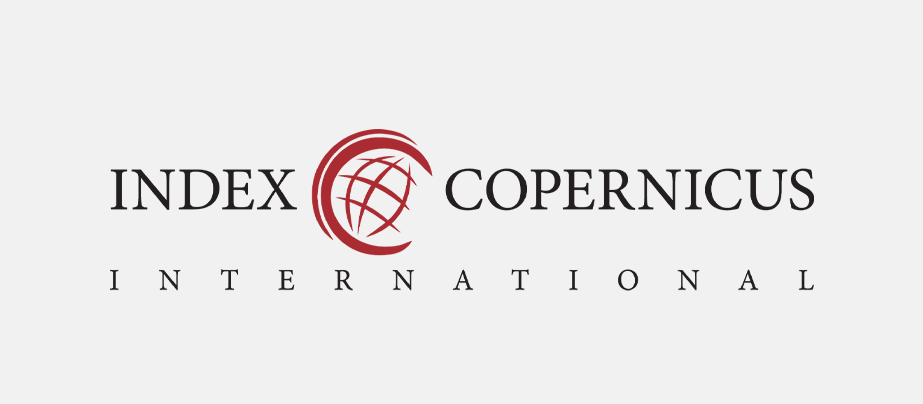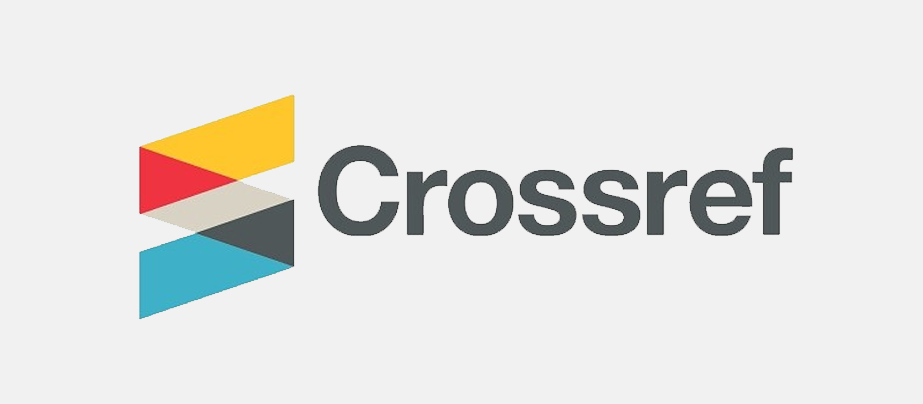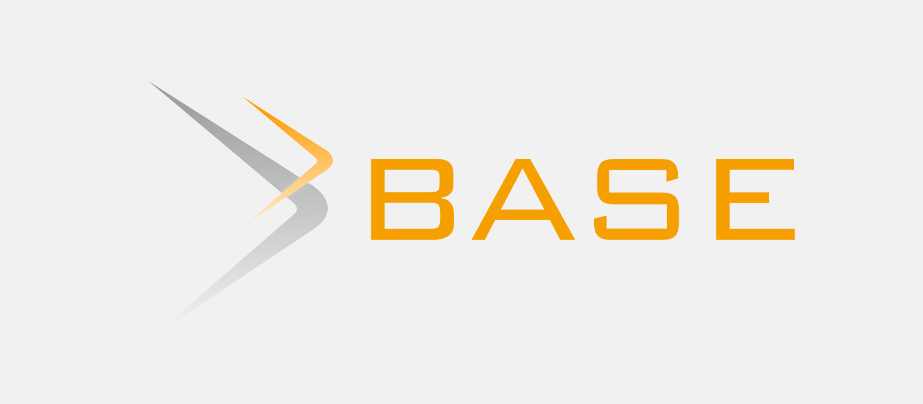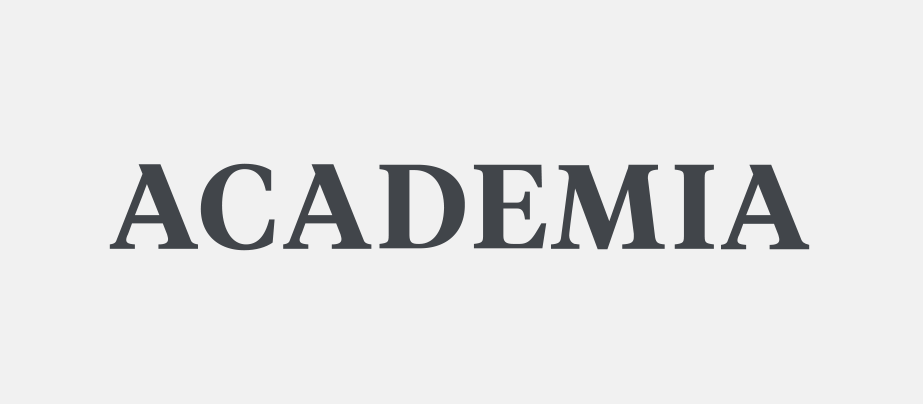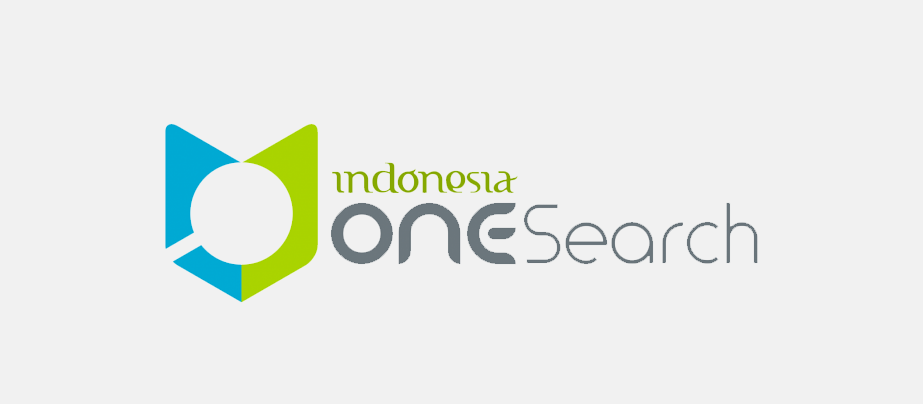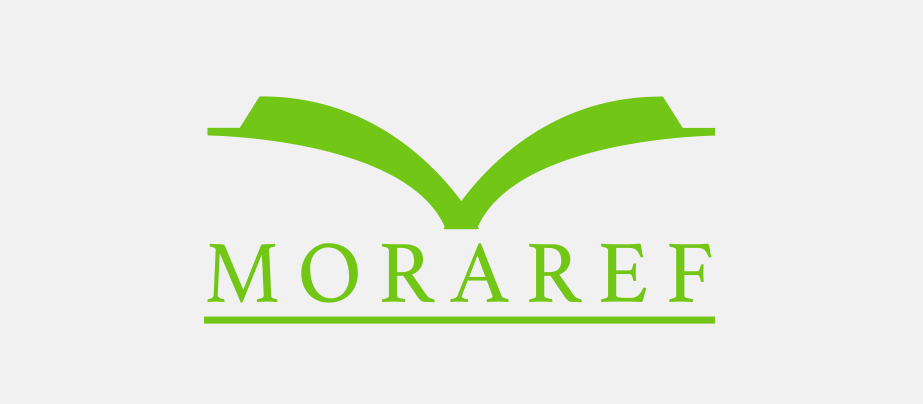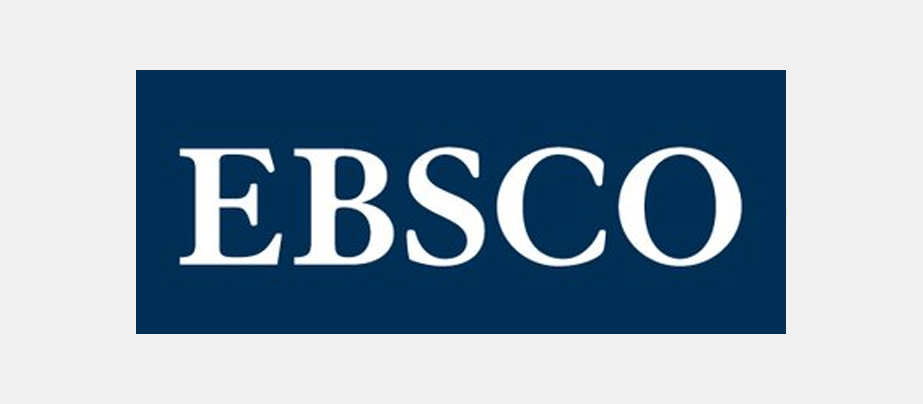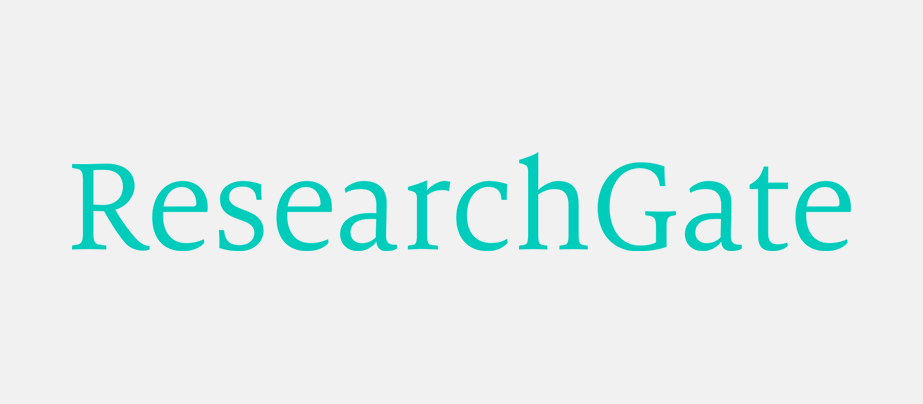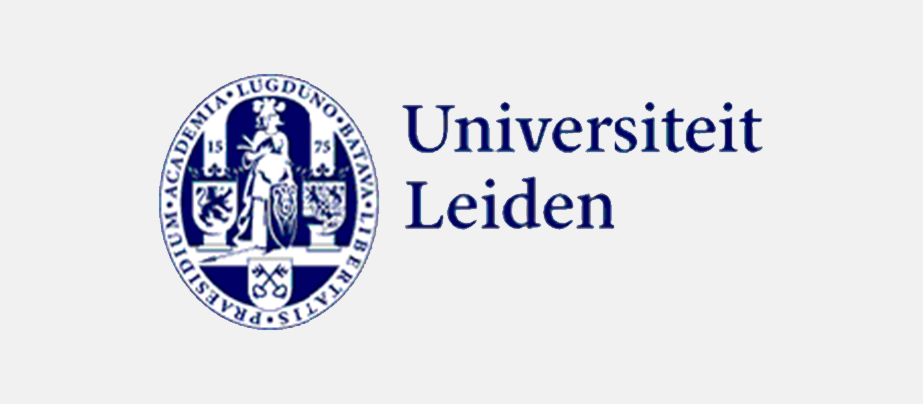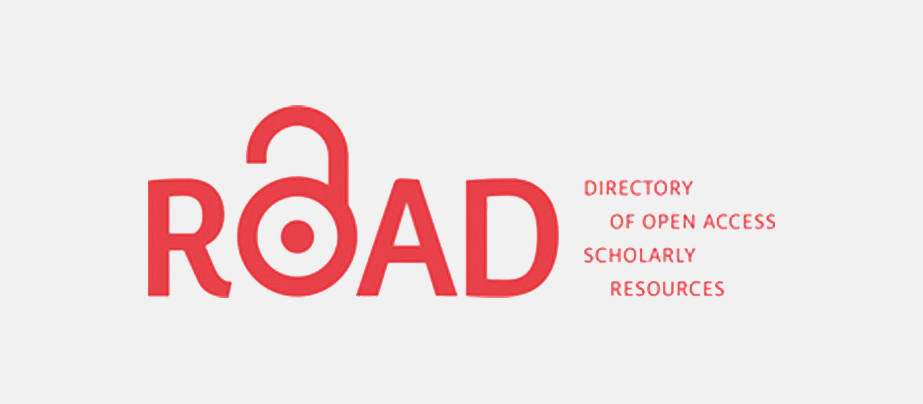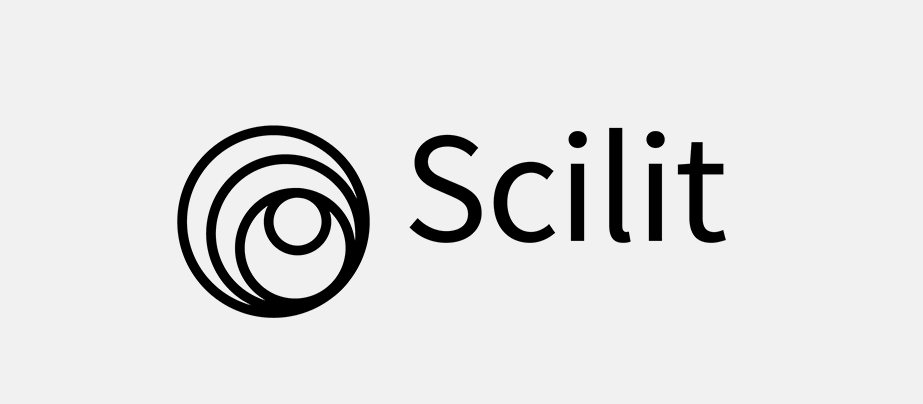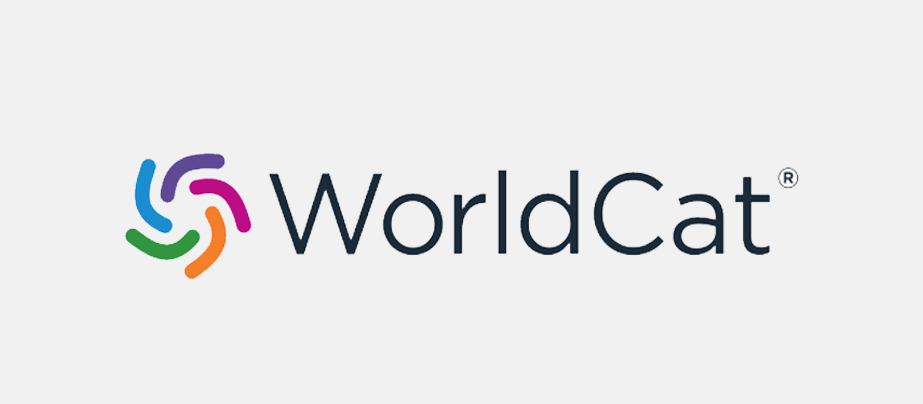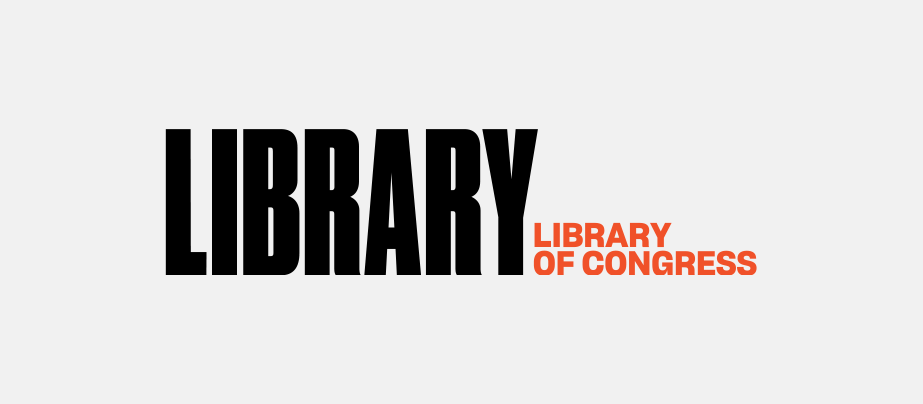INSTITUTIONAL ECONOMICS RELEVANT TO ISLAMIC FINANCE
Abstract
Keywords
Full Text:
PDFReferences
Abdus Samad, Norman D. Gardner, and Bradley J. Cook. 2005. “Islamic Banking and Finance in Theory and Practice: The Experience of Malaysia and Bahrain,†The American Journal of Islamic Social Sciences 22, no. 2.
Ahmad, S.M. 1952. Economics of Islam. Lahore.
Al-Arabi, Mohammad Abdullah. l966. “Contemporary Banking Transactions and Islam›s Views
Thereon,†Islamic Review, May l966.
Alchian, Armen A. and Demsetz, Harold. 1972. “Production, Information Costs, and Economic
Organization,†62 American Economic Review.
AlJarhi, Ma’bid Ali. 1983. “A monetary and financial tructure for an interest free economy, institutions, mechanism and policy,†in Ziauddin, Ahmad et al. (eds.), Money and Banking in Islam. Jeddah: International Centre for Research in Islamic Economics.
Archer, S. and Rifaat, A.A.K. 2007. “Specific Corporate Governance Issues in Islamic Banks,†In Rifaat, A.A.K. and Archer, S. (Ed.) Islamic Finance: The Regulatory Challenge. Singapore: John Wiley & Sons (Asia).
Ariff, M. 1988. Islamic Banking in Southeast Asia. Singapore: Institute of Southeast Asian Studies.
. 1988. “Islamic Banking,†Asian-Pacific Economic Literature. Vol. 2, No. 2 (September).
Arrow, Kenneth J. 1963. “Uncertainty and the Welfare Economics of Medical Care,†53 American
Economic Review.
Beck, T., Levine, R. 2002. “Industry growth and capital allocation: does having a market- or bank- based system matter?†Journal of Financial Economics 64, 2.
Chapra, M. Umer. 1985. Toward a Just Monetary System. Leicester: The Islamic Foundation.
. 1982. “Money and Banking in an Islamic economy,†in M Ariff (ed.), Islamic Banking in
Southeast Asia. (Singapore: Institute of Southeast Asian Studies.
Chapra, M.U. and Ahmed, H. 2002. Corporate Governance in Islamic Financial Institutions. Jeddah: IRTI.
Choudhury, M.A. and Hoque, M.Z. 2006. “Corporate governance in Islamic Perspective, Emerald
Group Publishing Limited,†Corporate Governance, Vol. 6, Issue 2.
Choudhury, M.A. 1988. “The growth of Islamic bankingâ€, manuscript available at http://faculty.uccb. ns.ca/mchoudhu/Islamicbanking.htm
Coase, Ronald H., 1937. “The Nature of the Firm,†in Ronald H. Coase (ed.), The Firm, the Market, and the Law. Chicago, University of Chicago Press.
. 1984. “The New Institutional Economics,†Journal of Institutional and Theoretical Economics,
. 1992. “The Institutional Structure of Production,†American Economic Review, 82. Commons, J. 1931. “Institutional Economics,†American Economic Review Vol. 21.
Drobak, John N. and Nye, John V.C. 1997. The Frontiers of the New Institutional Economics. San Diego: Harcourt Brace Jovanovich.
Eggertsson, Thrainn. 1990. Economic Behavior and Institutions. Cambridge: Cambridge University
Press.
Furubotn, Eirik and Richter, Rudolf. 1991. The New Institutional Economics: An Assessment. Texas: Texas A&M University Press.
Grais, W., and Pellegrini, M. 2006. “Corporate Governance and Stakeholders’ Financial Interests in Institutions Offering Islamic Financial Services,†World Bank Policy Research Working Paper No. 4053.
Gruchy, Allan G. 1972. Contemporary Economic Thought: The Contribution of Neo-Institutional Economics.
Clifton, NJ: Augustus M. Kelley.
Gruchy, Allan G. 1987. The Reconstruction of Economics: An Analysis of the Fundamentals of Institutional
Economics. Westport, CT: Greenwood Press.
Hassan, Z. 2009. “Corporate Governance: Western and Islamic Perspectives. International Review of
Business Research Papers Vol.5 No. 1.
Hayek, F.A. 1937. Individualism and Economic Order. London: Routledge and Kegan Paul.
Iqbal, Zubair and Mirakhor, Abbas. 1987. Islamic Banking, International Monetary Fund Occasional
Paper 49, Washington D.C.
Irshad, S.A. 1964. Interest Free Banking. Karachi: Orient Press of Pakistan.
Ismail, A.G. 2010. “Islamic banks and wealth creation.†ISRA Research Paper no. 10.
Ismail, A.G. 2010. Money, Islamic Banking and Real Economy. Singapore: Cengage Learning Asia Pte.
Ltd.
Ismail, A.G. and Tohirin, A. 2009. “Finance and Growth: The Role of Islamic Contracts,†MPRA Paper
, Germany University Library of Munich.
Ismail, A.G. and Tohirin, A. 2010. “Islamic law and Finance.†Humanomics (forthcoming).
Ismail, A.G., Mohd Ezani Mat Hassan, Norazman Ismail dan Shahida Shahimi. 2000. “The Tawhidi pistemology: Zakat and Waqf Economy.†Proceedings of Seventh International Conference, Universiti Kebangsaan Malaysia.
La Porta, R., Lopez-de-Silanes, F., Shleifer, A., Vishny, R. 1998. “Law and Financeâ€. Journal of Political
Economy 106.
La Porta, R., R., Lopez-de-Silanes, F., Shleifer, A., and R.W.Vishny. 1996. “Law and Finance,†NBER Working Paper.
Levine, R., Loayza, N., Beck, T. 2000. “Financial intermediation and growth: Causality and causesâ€,
Journal of Monetary Economics 46.
Mohsin, M. 1982. ‘Profile of ribafree banking’, in M. Ariff (ed.), Islamic Banking in Southeast Asia.
Singapore: Institute of Southeast Asian Studies.
Naqvi, S.N.H. 1981. Ethics and Economics: An Islamic Synthesis. Leicester: The Islamic Foundation. North, Douglass C. 1990. Institutions, Institutional Change and Economic Performance, Cambridge:
Cambridge University Press.
Qureshi, Anwar Iqbal. 1946. Islam and the Theory of Interest. Lahore: n.p.
Siddiqi, M.N. 1985. Partnership and Profit Sharing in Islamic Law. Leicester: The Islamic Foundation.
. 1983. Banking Without Interest. Leicester: The Islamic Foundation.
. 1983. Issues in Islamic Banking. Leicester: The Islamic Foundation.
. 1988. “Islamic Banking: theory and practice,†in M. Ariff (ed.), Islamic Banking in Southeast
Asia. Singapore: Institute of Southeast Asian Studies.
. 1982. “Islamic Approaches to Money, Banking and Monetary Policy: A Review,†in M. Ariff
(ed.), Islamic Banking in Southeast Asia. Singapore: Institute of Southeast Asian Studies.
The Mejelle (Art. 103), translated by Tyser, C.R., D.G. Demetriades and Ismail Haqqi Effendi. Kuala
Lumpur: The Other Press.
Tohirin, A. and A.G., Ismail. 2010. “Islam law and finance.†Humanomics.
Torile, J. 2002. Financial Crises, Liquidity, and the International Monetary System. Princeton University
Press.
Uzair, Mohammad. 1955. An Outline of `Interestless Banking›. Karachi: Raihan Publications.
Wajdi, A.D. 2008. “Corporate Governance and Stakeholder Management: An Islamic Approach,†dalam Bakar. M.D. and Rabiah, E.A. (Ed.s). Essential Readings in Islamic Finance. Kuala Lumpur: CERT.
Williamson, Oliver E. 1996. “Economic Organization: The Case for Candor,†Academy of Management
Review, 21.
Williamson, Oliver E. 1996. The Mechanisms of Governance. New York, NY, Oxford University Press.
DOI: http://dx.doi.org/10.22373/jms.v13i1.1739
Refbacks
- There are currently no refbacks.
Copyright (c) 2017 Media Syari'ah
All papers published in Media Syari'ah : Wahana Kajian Hukum Islam dan Pranata Sosial are licensed under a Creative Commons Attribution-ShareAlike 4.0 International License. |



.png)


.png)
.png)
.png)



